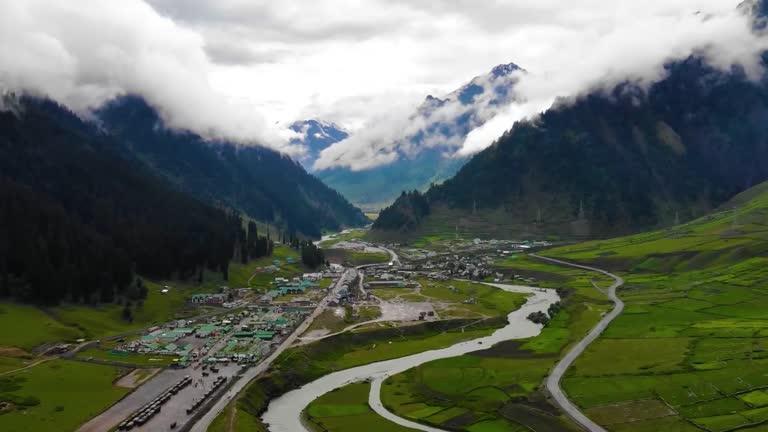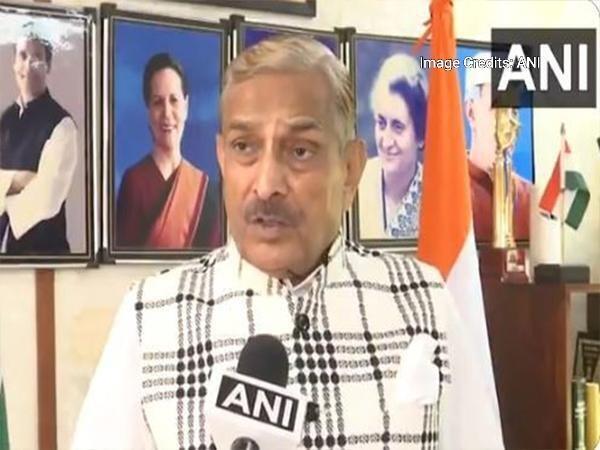
Over 83,000 non-state subjects received J&K domicile: State Govt
In a significant development, the Jammu and Kashmir Revenue Department has revealed that over 83,000 non-state subjects have received domicile certificates in the state over the last two years. This information was shared by the department in a written reply to a question posed by People’s Democratic Party (PDP) MLA Waheed ur Rehman Para.
According to the reply, a total of 35,12,184 domicile certificates were issued by the department between 2019 and 2021. This number is a staggering 83,000 non-state subjects who have been granted domicile status in the state.
The domicile certificate is a crucial document that allows non-state subjects to purchase immovable property, take admission in local institutions, and avail other benefits in the state. The certificate is issued to individuals who have a connection with the state, such as being a permanent resident of Jammu and Kashmir, having a ancestral property in the state, or having served in the state government or defense forces.
The issuance of domicile certificates to non-state subjects has been a contentious issue in the state, with some arguing that it is a way to dilute the demography of the state and others seeing it as a means to provide opportunities to those who have a connection with the state.
The government’s decision to grant domicile certificates to non-state subjects has been criticized by some political parties, including the National Conference and the Bharatiya Janata Party (BJP), which has been accused of trying to alter the demographics of the state. The BJP has been accused of trying to bring in settlers from other parts of the country to change the demography of the state, which has a significant Muslim population.
However, the government has maintained that the issuance of domicile certificates is a way to provide opportunities to those who have a connection with the state and to promote integration and reconciliation in the state. The government has also argued that the domicile certificate is not a citizenship certificate, and that it does not confer any voting rights or other benefits that are available to Indian citizens.
The issue of domicile certificates has taken on added significance in the wake of the abrogation of Article 370 and the reorganization of the state into two union territories, Jammu and Kashmir, and Ladakh. The move was widely seen as an attempt to alter the special status of the state, which had been granted to it under Article 370 of the Indian Constitution.
The government’s decision to grant domicile certificates to non-state subjects has also raised concerns about the security of the state. Some experts have argued that the influx of outsiders could pose a threat to the security of the state, particularly in the wake of the ongoing terrorism in the state.
However, the government has maintained that the issuance of domicile certificates is a way to promote integration and reconciliation in the state, and that it is not a threat to the security of the state. The government has also argued that the domicile certificate is a way to provide opportunities to those who have a connection with the state, and that it is not a way to dilute the demography of the state.
In conclusion, the issuance of domicile certificates to non-state subjects in Jammu and Kashmir is a complex issue that has significant implications for the state. While some see it as a way to promote integration and reconciliation, others argue that it is a way to dilute the demography of the state. The government’s decision to grant domicile certificates to non-state subjects has been criticized by some political parties, and has raised concerns about the security of the state.
Source:
https://thecsrjournal.in/non-state-subjects-received-domicile-certificates-last-two-years-jk-govt/






